Protect your privacy and circumvent censorship with these trusted, privacy-focused VPN services.
Virtual private networks (VPNs) are a useful tool for masking your real Internet Protocol (IP) address. They can be used to circumvent censorship, stop your internet service provider (ISP) snooping on your web activity, and prevent profiling based on your IP address.
While VPNs are a great tool for these purposes, be aware that they don't protect you from all online security threats. Even if you're using a VPN, you still need to follow best practices such as avoiding suspicious links, using strong passwords, and only handing over your data to trusted sites.
When choosing a VPN, it's helpful to be aware of the state of the VPN market. VPN "review" sites are littered with referral links. Many VPN providers engage in aggressive marketing and a lot of VPN recommendations are sponsored or direct you to affiliate links that pay per referral.
Many of the most popular VPN providers are also owned by a tiny number of umbrella companies, creating a false sense of competition. This isn't necessarily something that should dissuade you from using a particular VPN. However, if you find a high-quality VPN provider, look at who owns it and make sure the parent company holds itself to the same standard.
One final thing to note when choosing a VPN is that VPN providers have the technical capability to see your real IP address and web browsing data, so they're only useful if you choose a high-quality provider that's committed to privacy and you trust them.


OpenVPN is the oldest, most secure, and has built-in anti-censorship capabilities. WireGuard is faster, more efficient (better battery life), and still offers good security. Choose a provider that offers both.

Choosing a VPN with a system kill switch ensures that your IP address is still protected if you lose your VPN connection. It works by blocking external network traffic whenever the VPN connection drops.
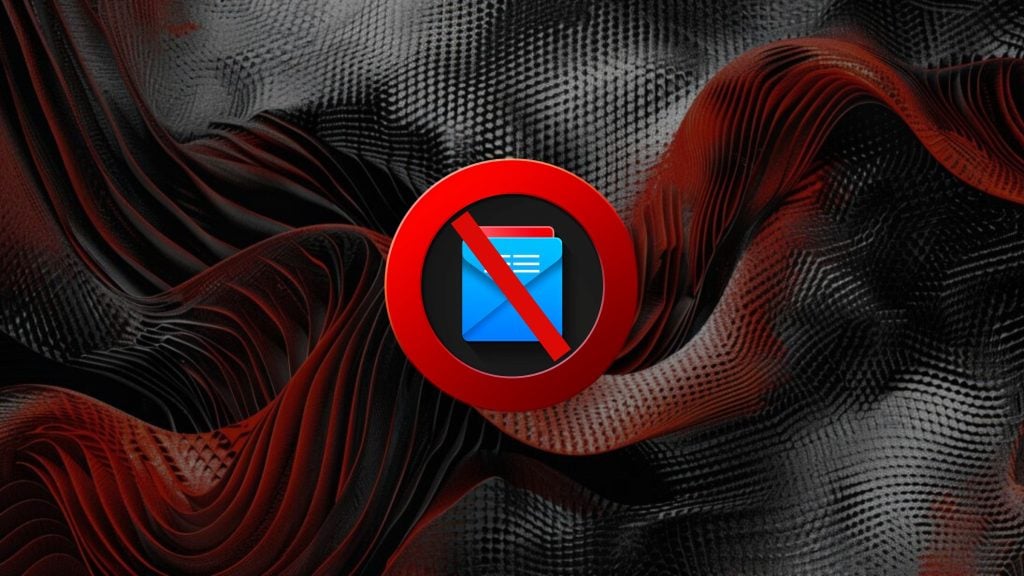
Using a VPN provider that routes DNS queries through its own servers protects your real DNS and prevents the apps and websites you use from identifying you based on your real DNS.

Open-source code and third-party audits give you an independent opinion on a VPN's apps, servers, or security. Always choose a provider that has at least one third-party audit.

Being able to choose from servers in lots of different countries gives you more flexibility and makes it easier to circumvent geo-blocks. Use a provider with servers in at least 30 countries.

To ensure that a VPN will work on all your computers and phones, make sure it has desktop apps for Windows, Mac, and Linux and mobile apps for iOS and Android.
Proton VPN is developed by the same team behind ProtonMail, a privacy-focused email service. Based in Switzerland, it benefits from strong privacy laws and is outside major surveillance jurisdictions. Proton VPN uses AES-256 encryption and supports both OpenVPN and WireGuard protocols. It has a strict no-logs policy and offers features like Secure Core (multi-hop connections), kill switch, and DNS leak protection. The service also includes NetShield for ad and malware blocking.

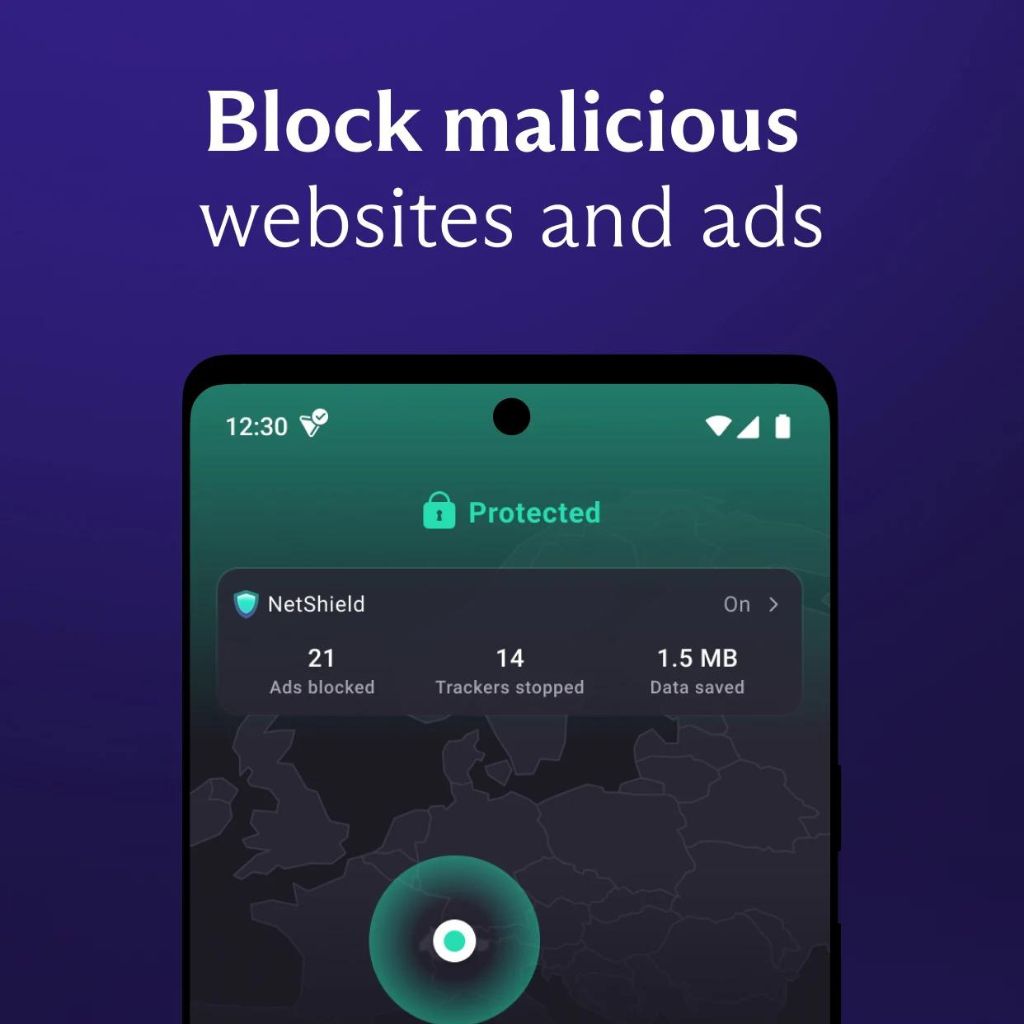
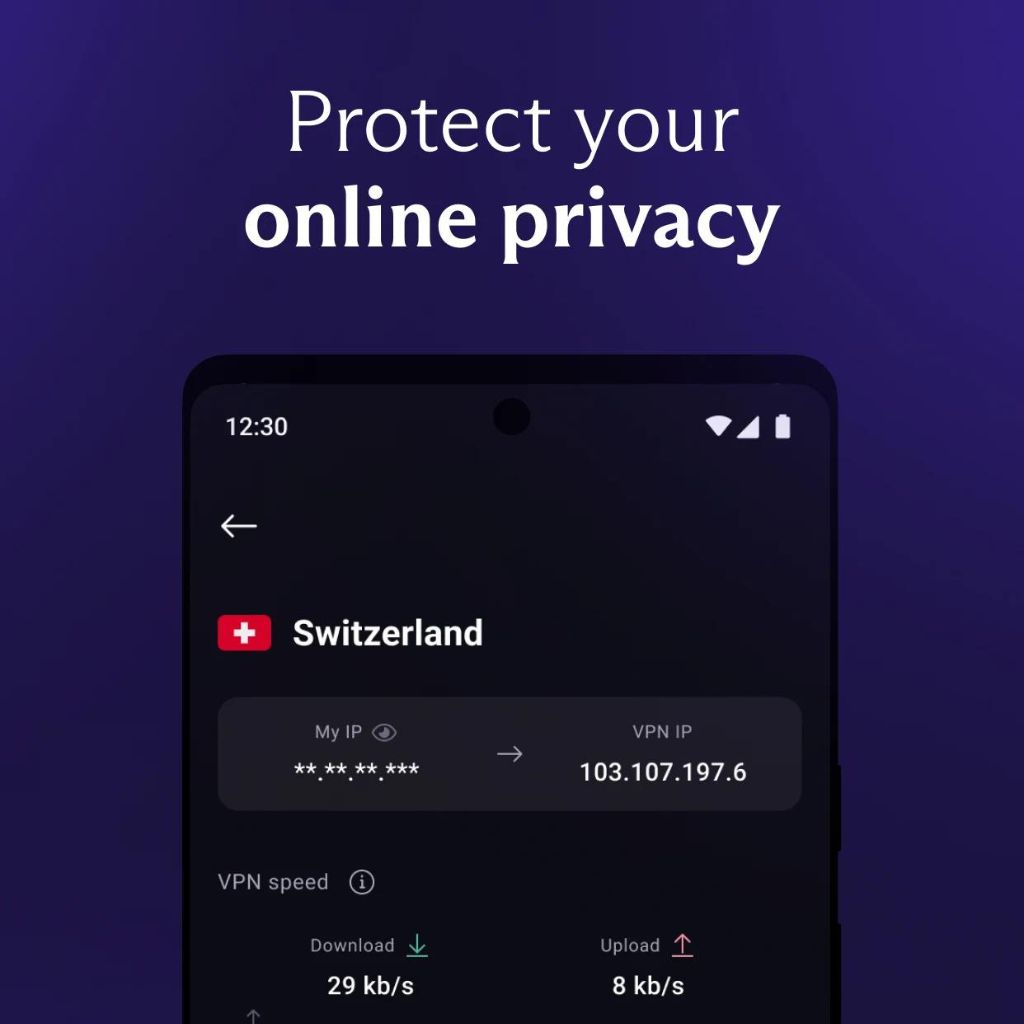
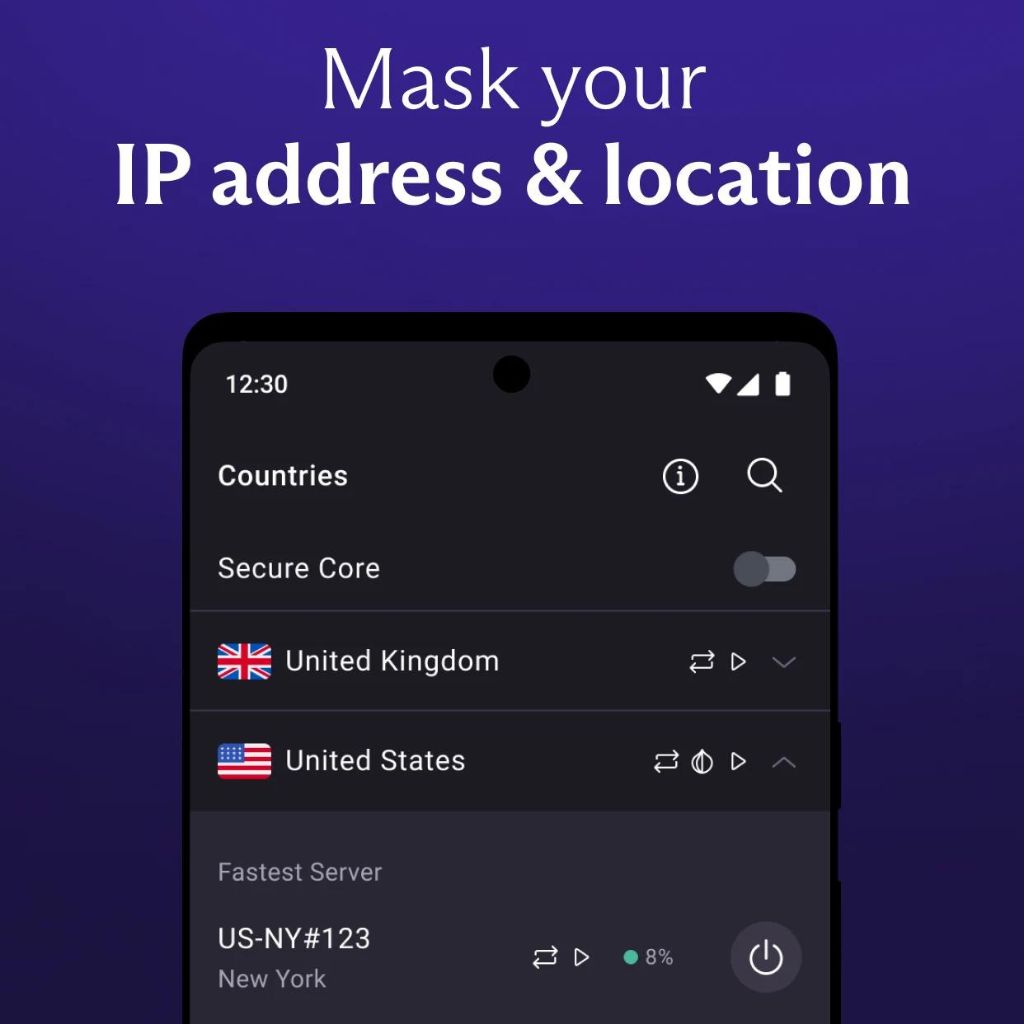
Mullvad is a Swedish VPN service with an extreme focus on privacy. You can sign up completely anonymously — they assign you a random account number and accept cash payments sent by mail. Mullvad uses WireGuard and OpenVPN protocols with strong encryption. They maintain a strict no-logs policy and have been independently audited. The service costs a flat €5/month with no long-term commitments required, and they don't offer discounts for longer subscriptions because they believe in transparent, honest pricing.

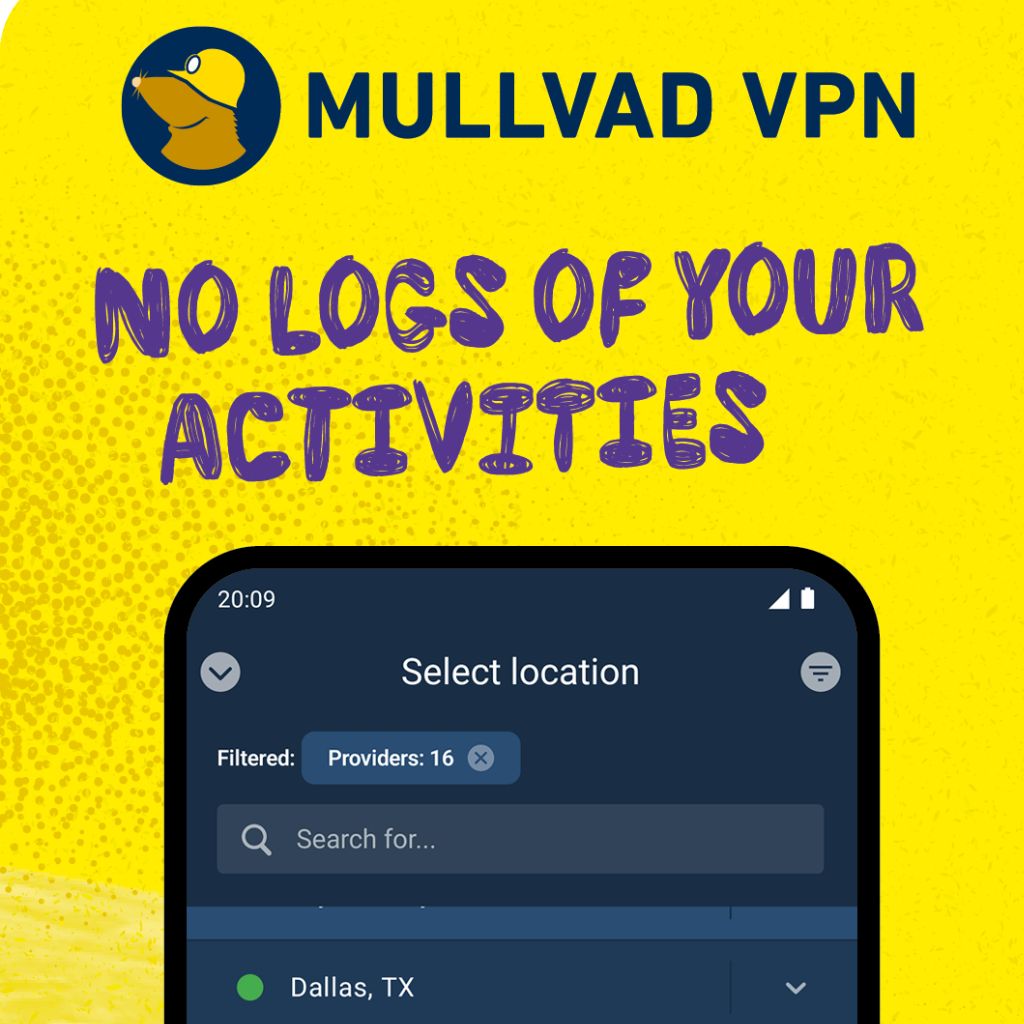
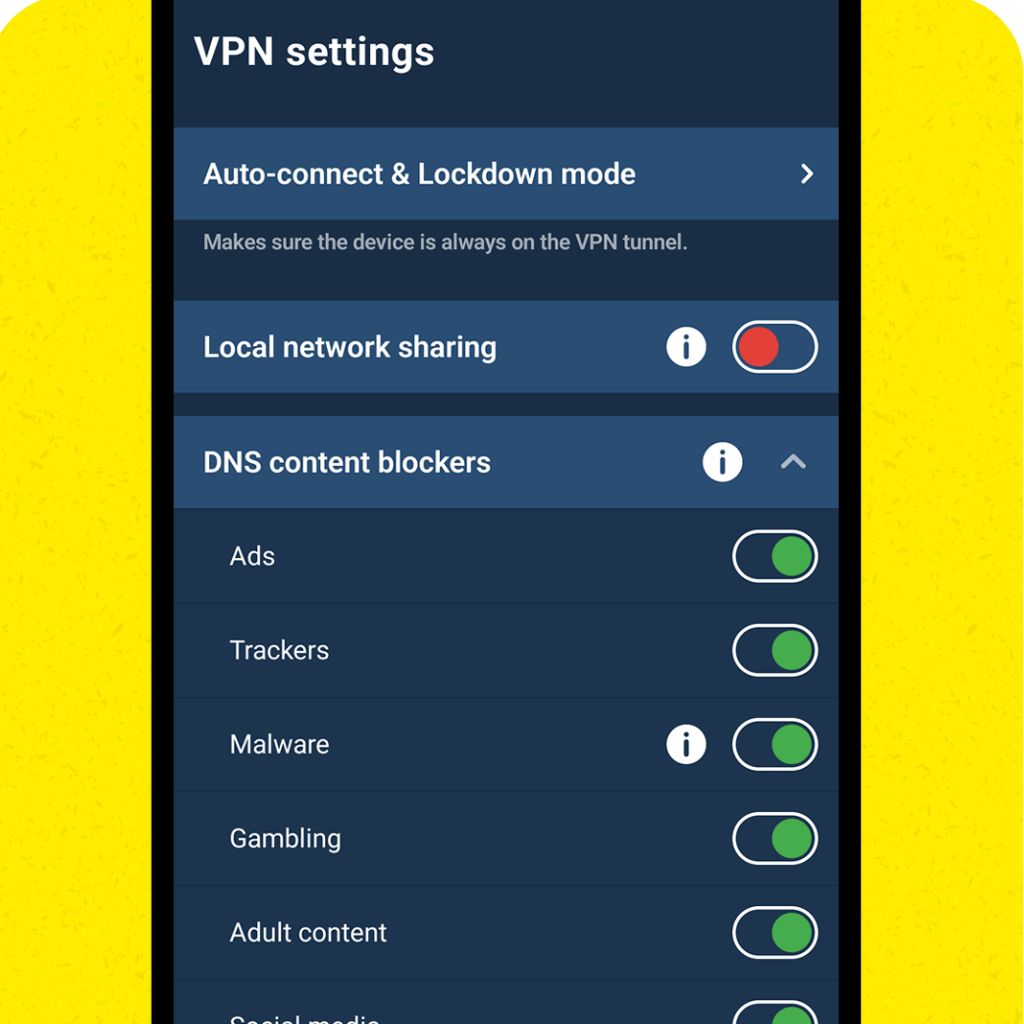
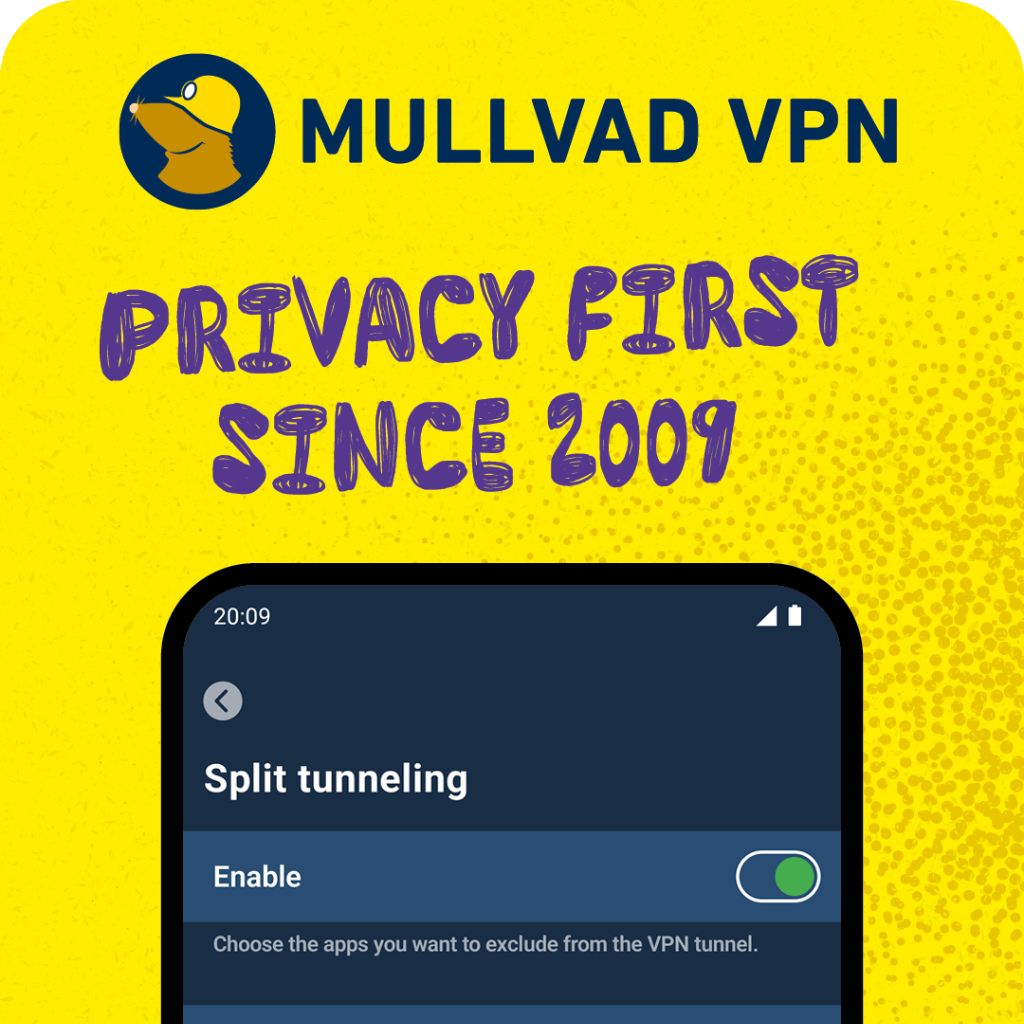
IVPN is a privacy-focused VPN service based in Gibraltar, emphasizing strong security and user anonymity. It uses AES-256 encryption and supports secure protocols like WireGuard and OpenVPN. IVPN has a strict no-logs policy and is committed to privacy, with an option to sign up without providing personal information. Features include a kill switch, multi-hop connections for added security, and split tunneling. IVPN operates independently with no third-party involvement, ensuring full control over user data. It offers a straightforward pricing model without confusing tiers.
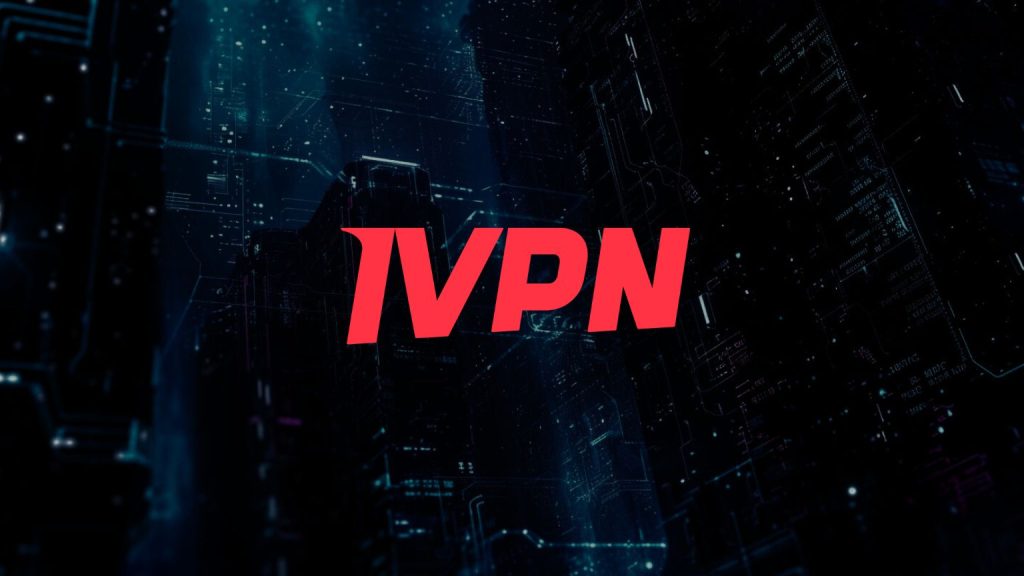
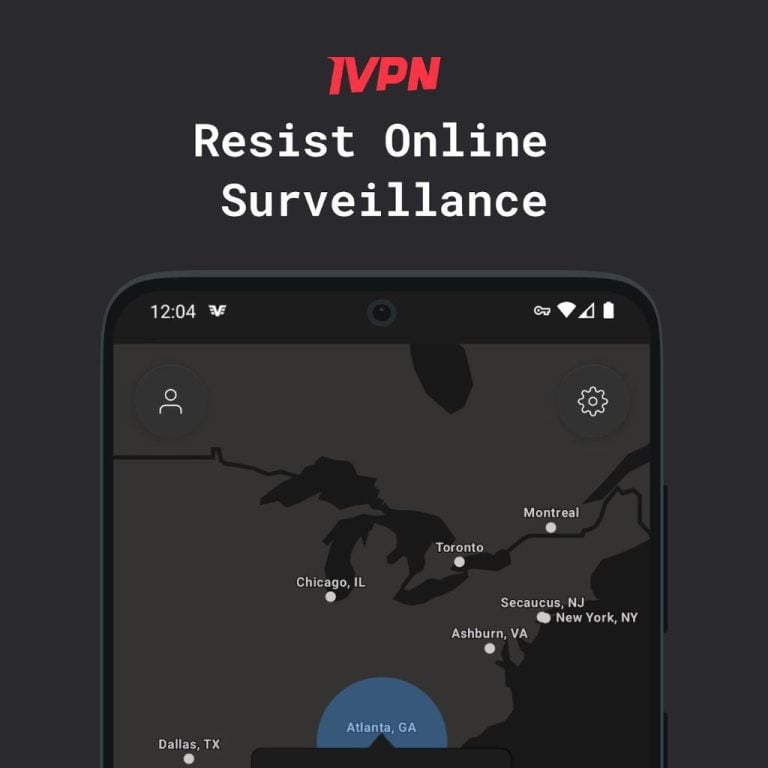
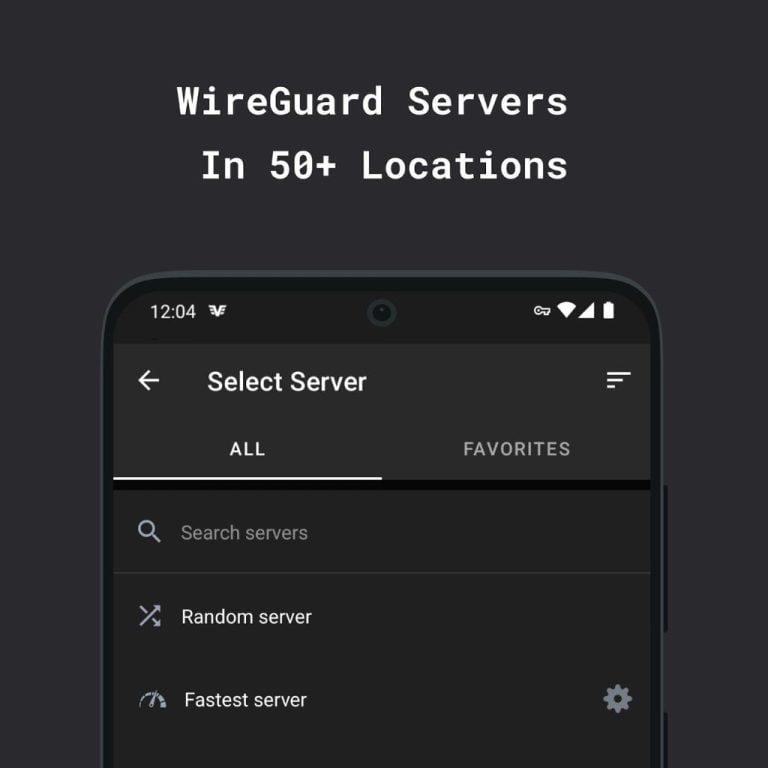
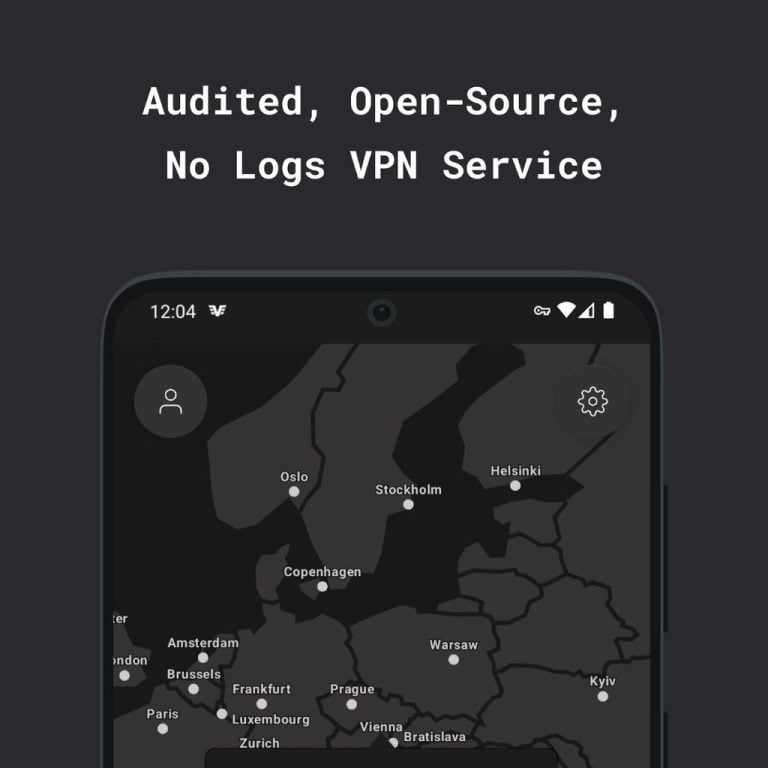
Reclaim The Net is reader-funded. Join our community and get access to more privacy guides, tool recommendations, and in-depth investigations.
Become a Member